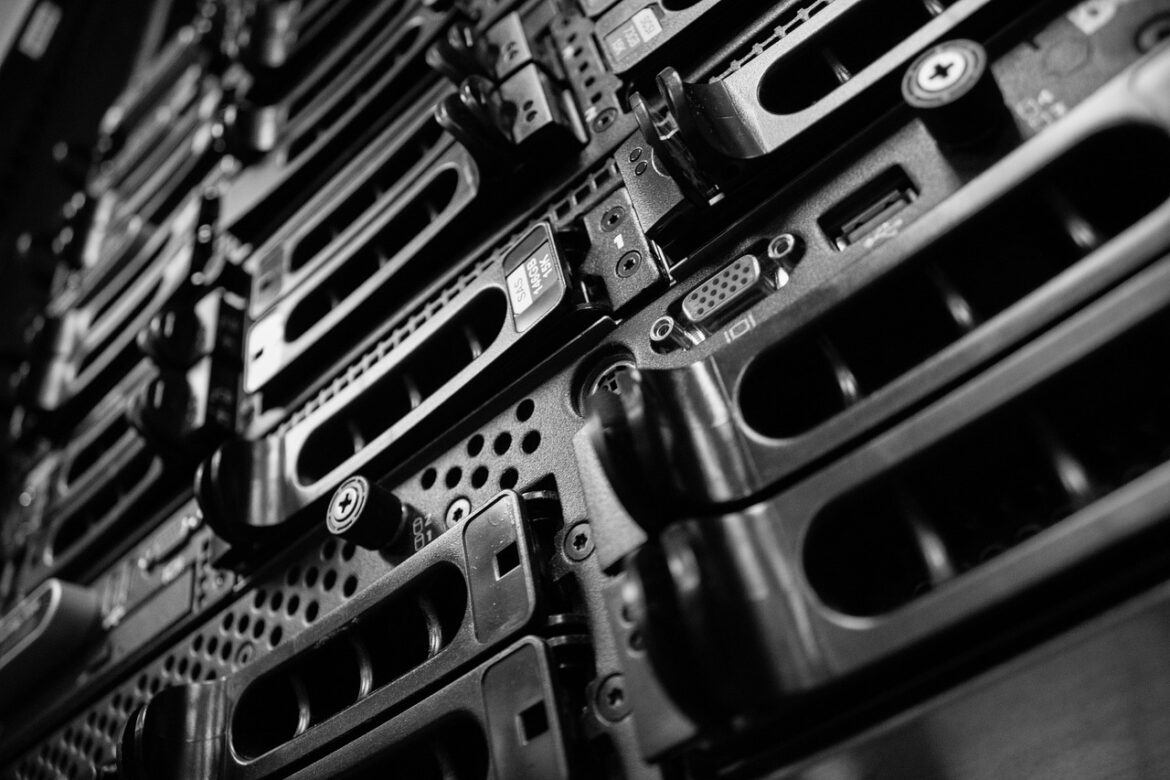The AI landscape in 2025 resembles a high-speed train, with innovations accelerating at unprecedented rates while sparking new debates about privacy, market dominance, and workforce evolution. From game-changing enterprise tools to eyebrow-raising privacy policies, this year’s developments prove artificial intelligence is far from settling into predictable patterns.
DeepSeek’s Open-Source Revolution Shadows Privacy Questions
The R1 model launch made AI as accessible as streaming music, but its consumer app became the year’s cautionary tale. Imagine an AI assistant that remembers every document you upload, every voice command you whisper, even how fast you type—all stored on distant servers. This digital hoarding, detailed in the company’s privacy policy, has security teams scrambling to contain potential data leaks across enterprises now addicted to its free services.
OpenAI’s Two-Pronged Attack
- Government-Grade ChatGPT: Federal agencies now have their own AI suite, handling sensitive data without cloud dependency worries
- Agent Creation Kits: Businesses can build AI employees that autonomously scour databases, analyze websites, and generate reports through the new Responses API
Meanwhile, the o3-mini model demonstrates how AI reasoning skills are becoming both sharper and cheaper—like upgrading from a bicycle to an electric scooter without the price shock.
Apple’s Homebody AI Strategy
While competitors chase cloud-based giants, Apple’s iPhones hum with on-device intelligence. Siri’s evolution shows the power of keeping AI close—your photos organize themselves, your face unlocks doors, and none of this knowledge leaves your pocket. But this introverted approach risks missing the generative AI party that’s reinventing content creation enterprise-wide.
Market Explosion and Talent Wars
The $600 billion AI industry isn’t just numbers on a spreadsheet:
- Netflix’s Secret Weapon: Its recommendation AI rakes in $1 billion annually
- Diagnosis Allies: 38% of doctors now consult AI systems when examining patients
- Job Boom: 97 million professionals will work in AI-related roles by year’s end
Like the gold rush era, companies face a brutal talent crunch—those who can mine insights from data mountains will strike riches.
Microsoft’s Supercomputer Gambit
The Stargate project—a 700-acre, nuclear-powered AI brain—embodies tech’s appetite for scale. When operational in 2028, this $100 billion behemoth could generate ideas like a thousand Silicon Valleys. But its 5-gigawatt appetite raises urgent questions: Can we innovate sustainably, or are we building a digital Godzilla?
From hospital wards to trading floors, AI’s fingerprints now appear where we least expect them. As legal teams wrestle with regulations and security experts fortify data moats, one truth becomes clear: Mastering AI isn’t about having the smartest algorithm, but the wisest implementation.
References:
- https://itbrief.com.au/story/how-artificial-intelligence-will-further-evolve-in-2025
- https://www.ig.com/en/trading-strategies/artificial-intelligence-stocks–everything-you-need-to-know-in-2-250430
- https://www.artificialintelligence-news.com
- https://explodingtopics.com/blog/ai-statistics
- https://techcrunch.com/2025/05/01/chatgpt-everything-to-know-about-the-ai-chatbot/
- https://en.wikipedia.org/wiki/OpenAI
- https://cioms.ch/wp-content/uploads/2022/05/CIOMS-WG-XIV_Draft-report-for-Public-Consultation_1May2025.pdf
- https://www.notta.ai/en/blog/earnngs-call-analysis



